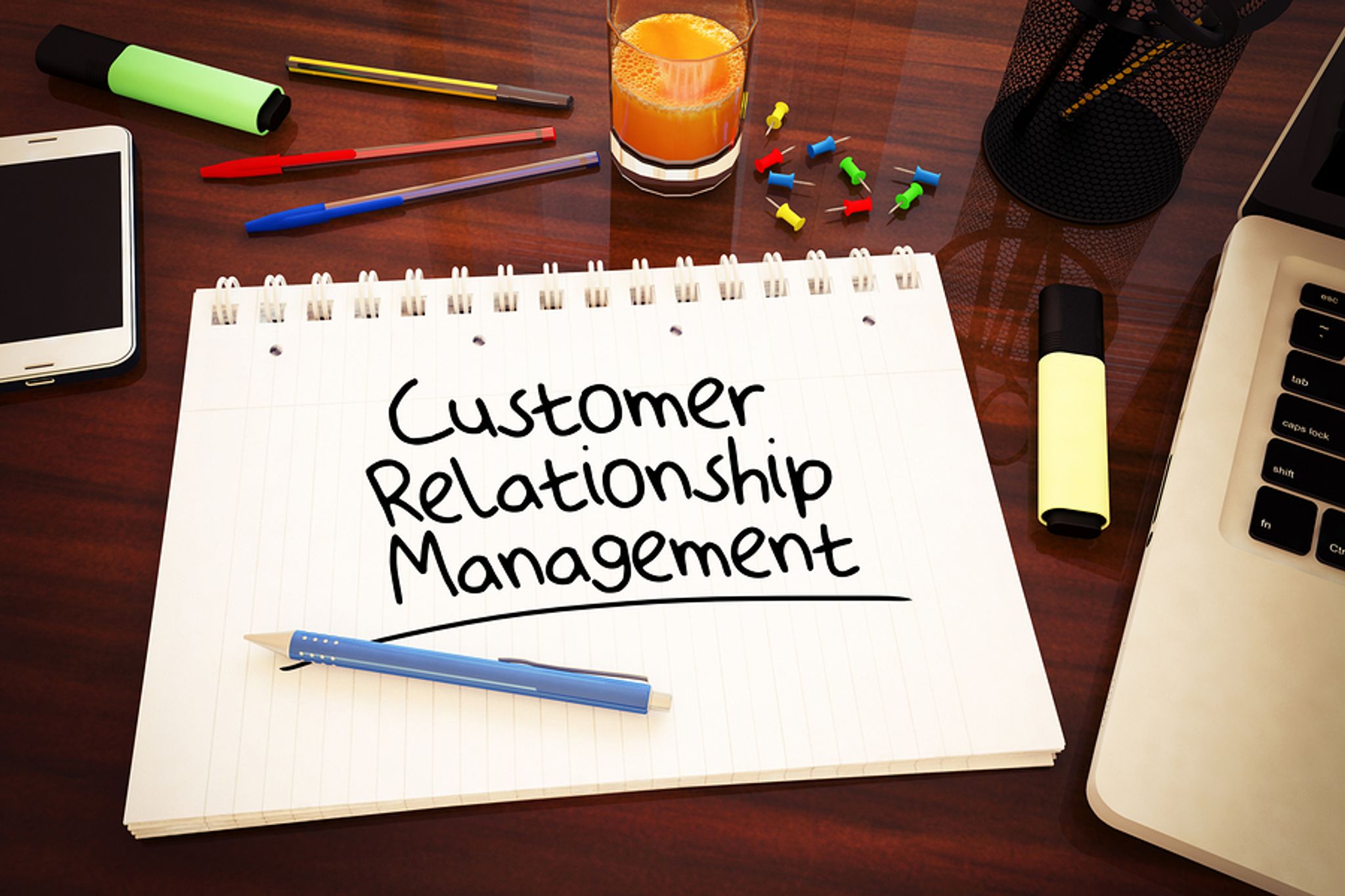What is a CRM?

If you’ve been running your own business for a while, then you’ve probably heard the term ‘CRM’ by now. You’ve also probably heard that it’s essential for your business that you use one. After all, if everyone else is doing it…
But what does C-R-M actually mean?
To find out, keep reading, because I’m going to give you an overview of what a CRM is and what it’s used for. I’ll help you to determine how having a CRM can benefit your business, and then let you decide for yourself if you actually need one.
Let's Talk Acronyms
CRM stands for Customer Relationship Management.
This is a system that helps you to manage your relationships and interactions with current and prospective customers. A good CRM will provide you with the bigger picture in terms of managing your entire sales process – whether it’s to chase up on leads, schedule follow ups, or keep track of current customers. Basically, it’s designed to make your life a whole lot easier.
When you’re running a growing business, it’s crucial to stay on top of things – and this will get harder and harder to do without a CRM to keep you organized. The beauty of having everything ‘under one roof’ is what makes it essential to have a good CRM at the epicenter of every business. Your CRM dictates how you connect your top of the chain bosses with the employees working on the ground floor – which is one of the most essential lines of communication to keep open in the workforce.
Once you have all of your information gathered in the one place, it becomes much easier to manage your customer database and coordinate with teams across the board. This is essential if you’re running a sales team, especially when reps are out on the road. Often, a few background notes on a prospective customer can be all it takes to seal the deal on a sale.
Investing In Your Customer
This is essentially what you’re doing when you purchase a CRM for your business.
You’re investing in your relationships with your customers and showing an understanding for how crucial these relationships are for the success of your company.
A CRM system will store the history of your communications with each customer, so that you can respond to all customer concerns as soon as possible, with custom and personalized responses. Nothing irks customers more than a 5 day response time and a generic customer care ticket; I’ve been that customer in the past – and I didn’t stay a customer for very long.
Choosing The Right CRM
The key to successfully implementing a CRM into your business is to ensure that is does make life easier – for both you and your entire team.
It should help your team to be more productive, rather than simply creating more work for them. Most sales people hate admin, it’s a well-known fact, and if you create even more work for them on that side of things – they will not be happy.
Plus, think about it, where do you want your best sales staff? Would you prefer to have them out on the road talking to customers, or stuck in the office trying to figure out your new CRM?
If you ensure that your CRM is designed to help your employees do their jobs better, faster, and easier – then they’ll be more likely to actually use and maintain it. So it’s important to ask for their input right from the start and listen if they say that it’s just not working out.
Don’t jump ship too quickly though, as they may just need some extra training in order to see the real advantages.
For example, if your team members haven’t really committed to the new CRM and they’re still using email searches alongside it, then it’s going to increase their workload rather than lessen it. But if it’s really not the CRM for you, there lots of other options to choose from which may be more suited to your particular business needs.
How Much Does It Cost?
The good news is that choosing a CRM doesn’t have to break the bank.
Most CRMs are web/cloud based and they charge a fee per user, per month, for premium services. Premium plans usually range between $10-$30 monthly, with a few outliers on the more expensive end.
However, there are also a whole group of ‘freemium’ CRMs that offer a free standard option to smaller businesses. If you’re a larger business, you can use the freemium package to test out the CRM and upgrade to add the rest of your team once you’re happy to stick with it.
There are also a few open source CRMs which you can download and use completely free of charge.
Check Out My Top CRMs
There are tons of CRM Systems to choose from with a wide variety of features, but they all have one core objective – to help you to improve and maintain your relationship with your customers. With the range of apps available, you’re pretty much guaranteed to find one that meets your specific business needs.
The more basic CRMs will allow you to store and update customer information such as email address, contact numbers, notes, etc., but most CRMs on the market at the moment are designed to offer you a whole lot more.
Thanks to there being such a wide range of platforms to choose from, I've got recommendations for you no matter your requirements or budget.
Here's a list of ten enterprise-grade CRMs, along with a list of seven free and cheap CRMs, for the budding business.
Do you have CRM in place, or are you thinking of adopting a new CRM for your business? Leave a comment below to let us know which one works best for you.